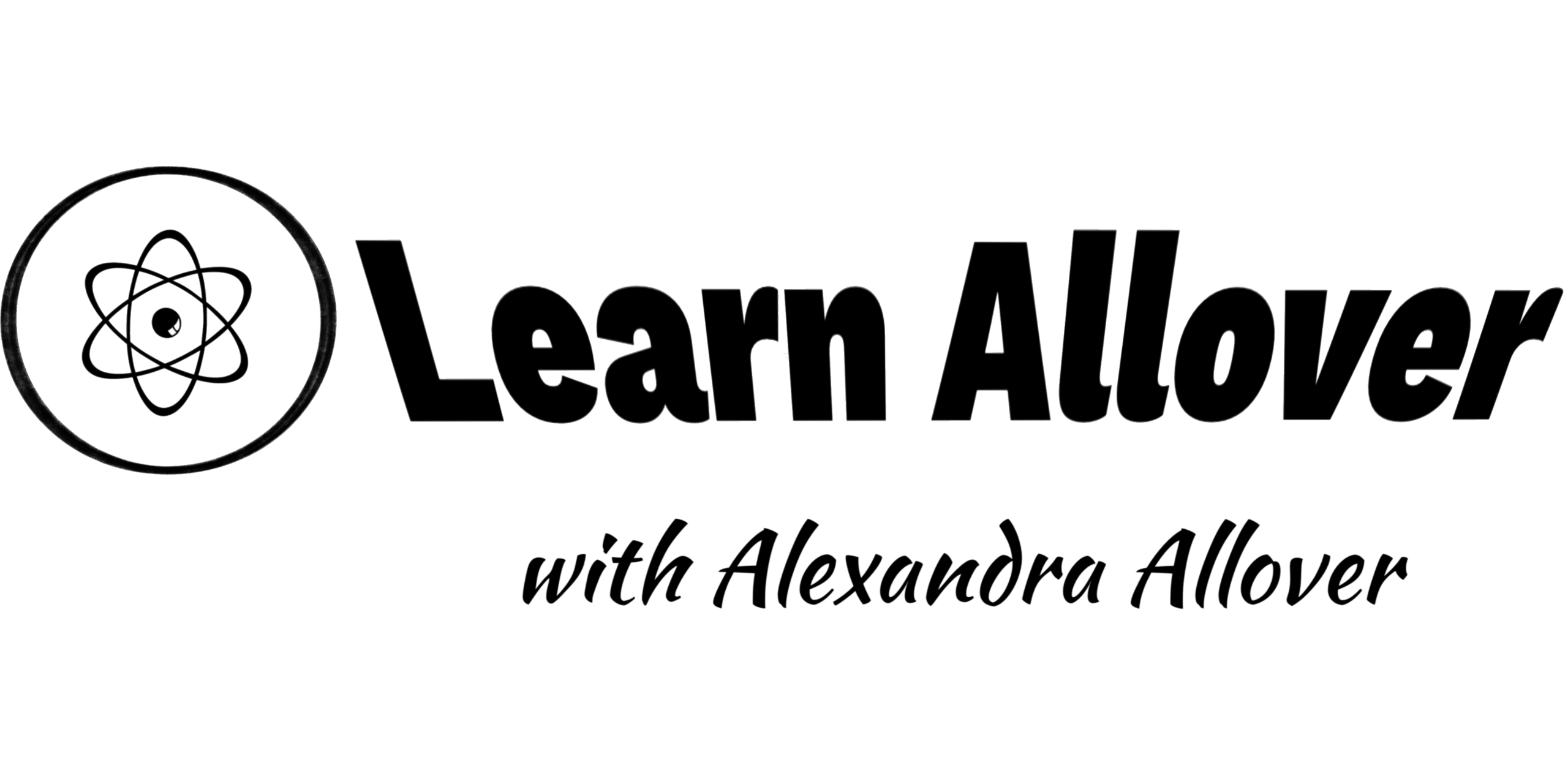Interleaving effect – the better way to learn
What is the Interleaving effect? Even though this method is by far more superior over other learning methods, it is hardly used in schools. Keep on reading to find out why, or watch my video on this memory-boosting learning technique.
Watch the video on the Interleaving effect and don’t forget to subscribe!
If you’re learning to play an instrument or taking up a new sport, you are faced with a series of skills or concepts to learn. This is where most of us start doing the wrong thing.
The age-old answer
How do students study in class? They practice one skill at a time. And this is how all your study books in school are made. The term that learning researchers use is “Blocking.” Blocking is dominant in schools and other training programs. For instance, a young tennis player practices the forehand before the backhand. It seems like the most logical and commonsensical way to learn something. Furthermore, it’s easy to schedule and seems to save time. But is it really true?
Blocking vs. Interleaving
Whereas Blocking involves practicing one skill at a time before the next, in Interleaving one mixes (or interleaves) practice on several related skills together. In other words, in Blocking you practice “skill A” before “skill B” and so on, which forms the pattern “AAABBBCCC”. On the other hand, Interleaving forms the pattern “ABCABCABC”. For instance, a tennis player alternates practice between forehands, backhands, and volleys.
So why is Interleaving better for your memory?
Interleaving improves the brain’s ability to distinguish between concepts. With Blocking, once you know what solution to use, the hard part is over. You keep repeating the same pattern to succeed. For instance a tennis player uses the same movement for his backhand over and over.
With Interleaving, however, each practice attempt is different from the last, so the same responses don’t work. Instead, your brain continuously focuses on searching for different solutions. Thus, the correct solution changes from one practice attempt to the next. As a result, your brain is continually engaged at retrieving different responses. This improves your practice because it engages your short-term memory.
How to use Interleaving when preparing for exams?
When we mix up our study materials, we start to notice both the similarities and differences among the things we’re learning. This can give us a better and deeper understanding of the material. So my advice is to mix up new and old chapters in your textbook and notes when studying!
The problem with Interleaving!
Because learning is “more difficult” when using the Interleaving effect ABCABCABC, you might not see as much progress in the beginning as you would usually do when using the blocking method AAABBBCCC.
Don’t get discouraged. It’s important to remember that “easy” doesn’t necessarily equal “effective” when it comes to learning; and just because you’re not seeing immediate results, it doesn’t mean you’re not progressing.
My tips for your test preparation
First, mix in old material with new material.
Secondly, change up the order of questions and chapters, and return to them repeatedly.
Finally, go through your hand-written notes as well as text book chapters.
Hope that helped! 😊 These and other academic study tricks you will find in my easy-to-access online courses for schools and students!


FOLLOW me on
🔴 Youtube
✍️ Read more BLOG posts!
…for more academic coaching & study tips!
P.S.:
More support for students
If you are looking for more academic support, I can offer you access to the academic coaching course for students and teachers. Check out this offer for schools if you want to find out how to apply proven learning strategies, techniques to boost motivation and valuable test preparation skills.
Support for parents: Teens’ mental health
If you are looking for support regarding your child‘s mental health and want to improve your relationship with them, I want to suggest one of my free resources: the DIY Coaching Kit
By learning more about proven coaching strategies of the parent-child dynamics and the psychology behind it, you‘ll be able to act like a life coach for your own child without them even knowing 😉
What schooling fits your family?
If you are looking for a suitable school, a student exchange program, or want to know more about alternative schooling, I might have some suggestions for you.
You want to talk to me about any topic concerning education, schooling, teens’ psychology and mental health? Feel free to email me: Alexandra@LearnAllover.com
